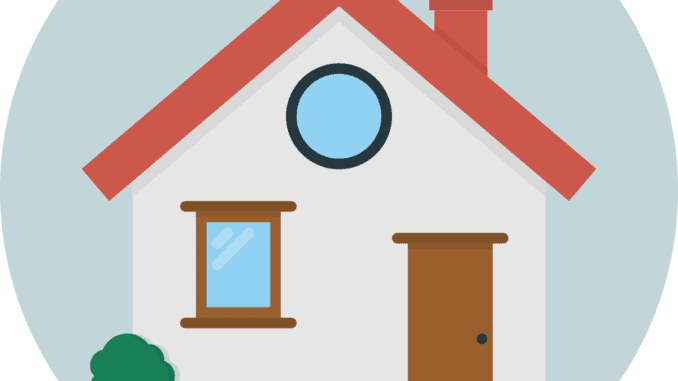
Whenever we have a city meeting with more than a hundred speaker cards, I sort of brace myself. Plug in the charger, comfortable chair, refresh the tea cup, maybe open another window for a cross breeze. When last Wednesday’s meeting between the council and the planning commission began with the announcement that there were 559 comments received and 180 speakers, I knew that no amount of upholstery or caffeine was going to make this any easier.
The conversation on housing has been a vital civic progression. A decade ago, we couldn’t have a meeting on anything without discussing parking. Now, we can’t have a meeting without discussing housing. A meeting on planning housing puts us not just at the crossroads but in the crosshairs of critical change. That’s a crucial upgrade in priorities.
We have gone from taking the limits off of additional dwelling units to considering changing neighborhood zoning. This is a lot of change for people to digest, particularly coming out of the pandemic. But the way that cities were planned after WWII cannot be the way that cities are planned to cope with climate change. We cannot change fast enough.
Without a sense of trust, that’s daunting.
I think it’s intriguing to look at previous civilizations; cities are the way humanity prefers to live going back tens of thousands of years. When we look at how the Mayans built cities, or the Khmer, or even the Romans, we see features we would recognize. Roads, running water, food delivery, all essential. But how these residential units were allotted or built or purchased or passed down – that we know far less about.
The late Ursula LeGuin made a point some years ago that I felt was both brilliant and true. When receiving the Lifetime Achievement Award at the 2014 National Book Awards, she took the publishing industry to task, saying that “we live in capitalism, its power seems inescapable – but so was the divine right of kings.”
LeGuin grew up to be a revolutionary writer in part because she was the child of an anthropologist. She spent her childhood awash in tales of how other cultures did things differently. Looking at how humans lived thousands of years ago opened the door to imaging how they might live thousands of years in the future, or billions of miles away. And still be human.
I heard so many people on Wednesday bring up ‘The American Dream.’ To me, it’s been mistranslated through the jargon of capitalism – the American Dream isn’t about owning a house, it’s about having a home. Those are two different things. I’ve had powerful conversations with many friends over the last year about ‘home.’ Many of those who spoke to the council on Wednesday night used both of those words – house and home – and the immense human need for the overlap between the two.
But when our culture is centered on who-is-making-money-on-this, it’s close to impossible to have the vital level of trust we need to create change.
How the city will move this forward remains to be seen, but forward movement is essential. I can reflect on how many people fought against all the changes made to downtown in the last 20 years. That cat is also out of the bag.
It can still be home, and be different.
We can still escape from a disaster that is feeling, with every passing day, a little more inescapable.
And still be human.
Judith Martin-Straw


“The conversation on housing has been a vital civic progression.”
And thank you, Judith, for hosting a site where that vital conversation can take place.